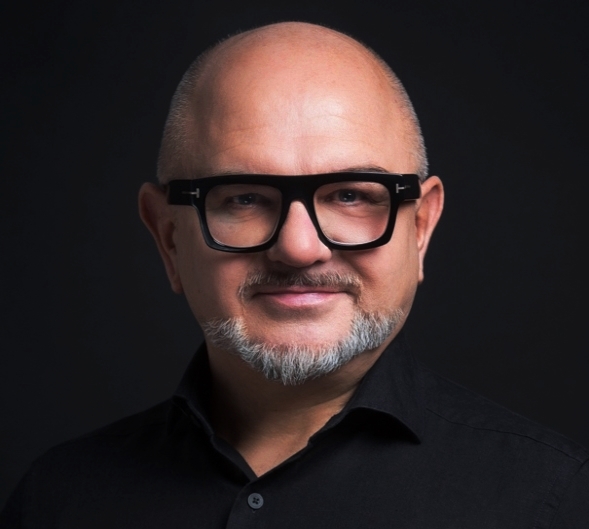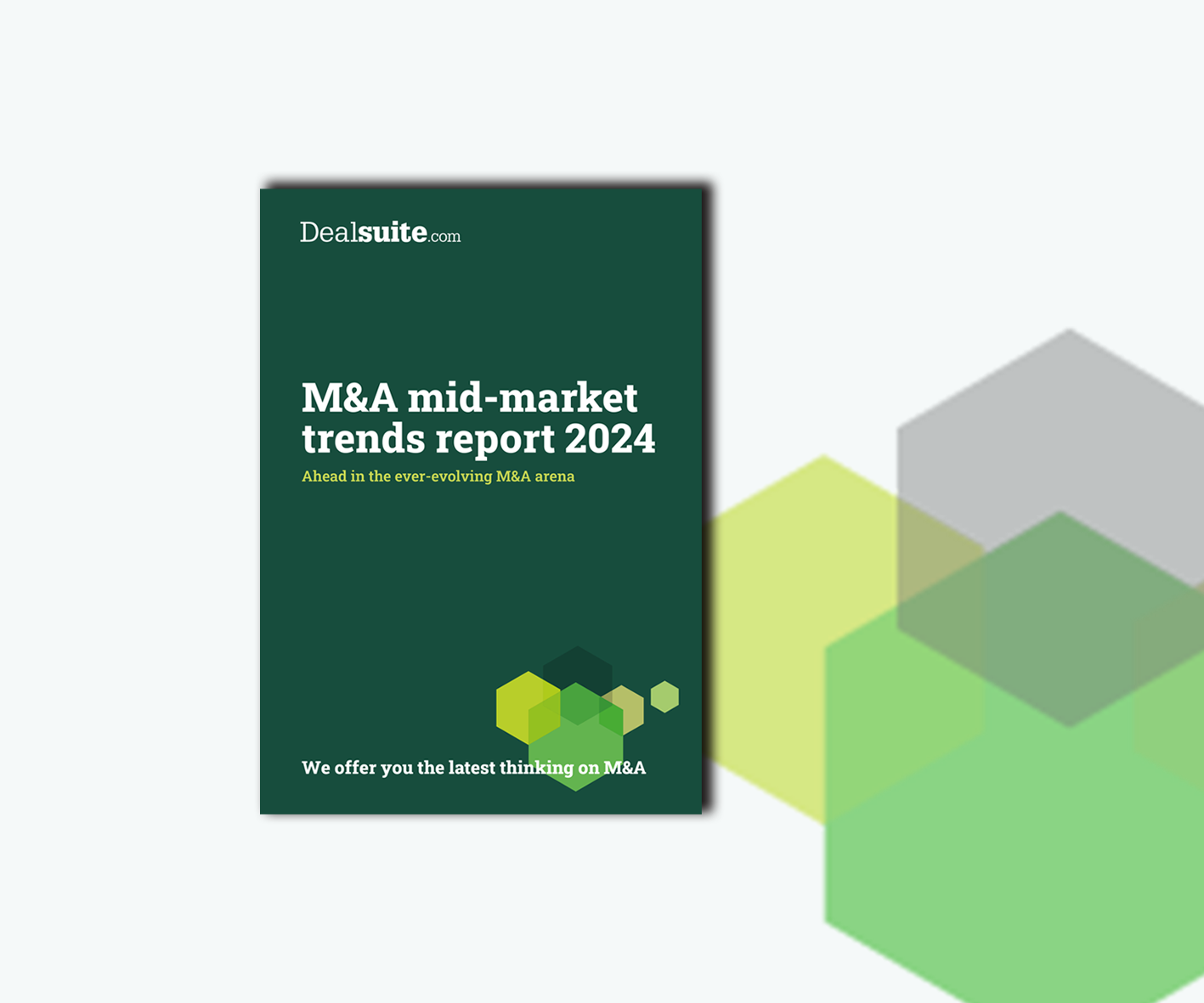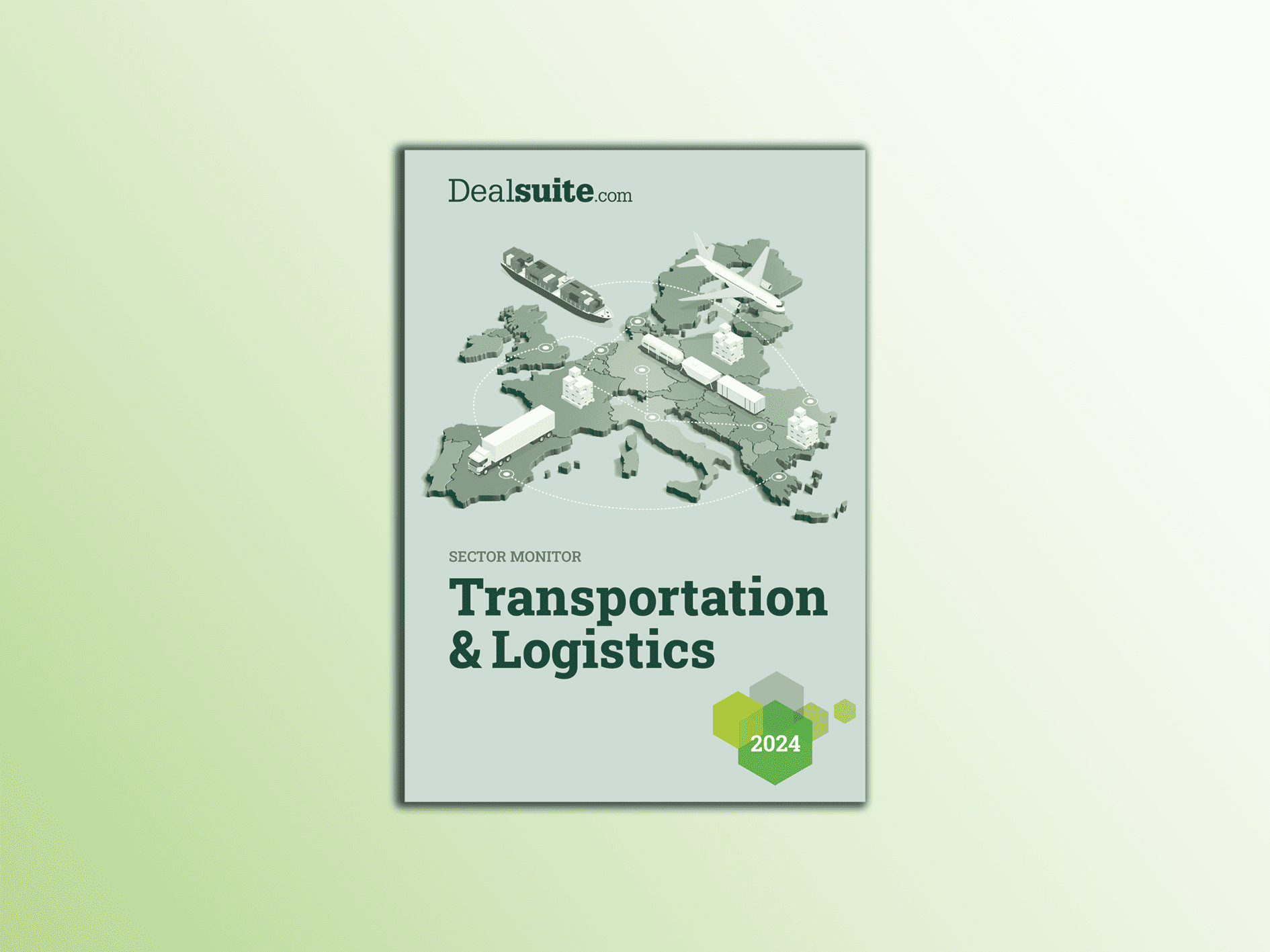M&A process in rapid overhaul: how smarter working and technology are transforming the mid-market
Tight macroeconomic conditions, the rising cost of financing, and continued geopolitical uncertainties weighed on the M&A sector in 2023. With risk mitigation top of mind, the deal transaction process became longer and more in-depth while the reluctance of banks to lend meant highly leveraged deals were increasingly rare.
Although the ‘mega-deals’ may have declined from their 2021 peak, mid-market transactions have remained relatively resilient, with plenty of opportunities for those nimble enough to navigate this changing environment.
We spoke to a selection of M&A professionals around the world to get their take on this challenging year and to gather their predictions for the year ahead. All agreed that there are exciting opportunities for those willing to work harder and smarter.
“There is certainly a trend towards efficiency in M&A and that will be delivered by smart people backed up by strong technology,” says John Braithwaite, Managing Director at Unloq in the UK. “The whole process is being overhauled in a rapid way and we welcome that.”
Evolution of the due diligence process
Macroeconomic instabilities did not lead to fewer sell-side intentions in 2023 – with many reporting higher overall activity levels – but closing deals became more challenging and outcomes were less certain.
“There was buyer hesitance and a discrepancy between price expectations and market reality,” explains Ferhat Hekim, of Hekim Capital Partners in Switzerland.
For most buyers, financing was both more difficult to secure and more expensive. That meant the sell-side had to work much harder to prepare for exit, with investors demanding greater assurance and more detailed reference points.
“High inflation and subsequently the speed at which interest rates increased required extra attention on the liabilities side of the balance sheet,” says Waldo Zuiderveld, M&A advisor at Factor & Ros in the Netherlands. Despite this extra workload, his firm completed the largest number of deals in its history.
Alongside the direct impact on financial due diligence, professionals agreed with PwC’s recent report, which highlighted an increased need to go deeper and uncover more transformational value creation levers within deals. This was reflected in the broadened scope of due diligence projects, as buyers sought to maximise each transaction’s full value potential. A greater focus on environmental, social and governance (ESG) factors was a key feature with energy efficiency, green credits and sustainable financing increasingly recognised as important value-creation drivers.
“Turbulences always encourage a search for more solutions,” explains Jaro Betlej at Betlej & Partners. “This means more determined people, less expensive production methods, more creative product solutions, more quality for the same price.”
The further ‘professionalisation’ of the due diligence and negotiation process was not only the domain of private equity investors or large international corporates as it might have been in previous years, with many reporting increased demand from the mid-market.
“We have been working on several times more M&A projects than ever before,” says Betlej. “Just for middle-sized companies, which have never before decided to get placed in Poland with a qualitatively strong partner like us.”
Mid-market opportunities in 2024
What does this mean for the year ahead? As inflation eases, interest rates stabilise and the markets focus on generative AI as the next big thing in tech, the foundations look set for a more buoyant M&A market over the coming months.
Professionals expect activity to be particularly healthy in the mid-cap market. Cyclically sensitive sectors, such as construction, will remain under pressure, while demand for IT (especially AI-led), ESG and healthcare is likely to be high.
“Given the global focus on sustainability and renewable energy, M&A activity in this sector is expected to continue,” says Zuiderveld. “Companies may seek to acquire or merge with organisations that offer environmentally friendly technologies or solutions.”
A focus on good governance in ESG is worth the investment at the due diligence stage, say professionals, as strong ESG credentials will become more and more attractive over the long term.
Accessing new markets
International expansion will also become more important for small and medium-sized businesses. This is a natural progression given the significant increase in acquisition strategies in recent years, says Thom van den Ham at Crossminds. the more apparent targets have already been acquired or sold so the horizon must be broadened to more considered, insightful deals."
Dr Heiko Frank, partner at WTS Advisory agrees. His firm supports around 150 transactions per year, of which 50 are cross-border transactions. The valuations of these cross-border deals are often higher than those of domestic investors, he adds, as the strategic advantage is more important to overseas buyers.
Uncovering efficiencies through technology
M&A decisions within companies are expected to become shorter and faster as companies find new ways to use technological resources.
Professionals highlight the increasing role of virtual data rooms in the due diligence process to communicate important data in different formats (such as Q&As filled out by the seller or its advisors in the lead-up to a transaction). This is an area for further development this year, they add, although progress will depend on how far such tools can be deployed in a GDPR-compliant environment.
“I predict more deals being pre-agreed before in-person meetings, greater use of AI in the analysis of data rooms and efficiencies which will expose the 'tortoises' holding up the transaction process,” says Braithwaite.
Technological capabilities, especially in understanding the potential impact of generative AI on business models (both opportunities and risks) are also increasingly important in deal negotiations.
Adapting and refining services
To capitalise on opportunities in this evolving M&A landscape, providers will need to offer much broader deal advisory services, engaging early with both sellers and buyers, encouraging exit preparedness, and carefully managing pricing expectations. Pre-sales preparation will be a make-or-break factor, with technology at the heart of the solution.
Many industry professionals, including Filep Géza at Altana Asset Management in Hungary, have already invested in new services and R&D projects, viewing 2023 as a time for reflection, refinement, and system enhancement. This might be the year that the hard work pays off.
Want to know how you can use Dealsuite for your deal sourcing process? Book a demo today!

.svg)

.svg)

.svg)

.svg)




.png)

.png)

.png?width=100&height=100&name=output-onlinepngtools%20(11).png)





.png)




